Pregnancy is a nine-month transformation process, during which a woman’s body undergoes remarkable changes to accommodate the needs of both the fetus and the mother. It is not as simple as it looks since many of a mother’s functional systems get disturbed internally, out of which circulation is majorly affected.
Although healthy circulation is essential for any human, the demand for circulation increases dramatically in a pregnant woman. Therefore, any obstruction to normal circulation might cause serious problems for both the fetus and the mother. So it is obligatory to maintain healthy circulation.
Several tips can be useful in managing healthy circulation throughout pregnancy. Out of these, wearing compression socks, exercising regularly, staying hydrated, keeping your legs elevated, eating a healthy and balanced diet, and avoiding prolonged sitting or standing can be extremely useful.
So, let’s enlighten the incredible tips to maintain healthy circulation during pregnancy in detail and get this mystery solved!

Tips To Maintain Healthy Circulation during Pregnancy
Maintaining healthy blood circulation during pregnancy can be extremely challenging. Since there is a change in the blood flow demands, your heart doesn’t work the same throughout all the trimesters of pregnancy.
For instance, initially, there might be lower blood pressure in the first trimester, gradually increasing when proceeding toward the second and third trimesters.
Therefore, it is always necessary to maintain this varying blood flow and pressure within the normal range as it can lead to simultaneous outbursts of symptoms like:
Edema
Swelling
Varicose veins
Exhaustion
Fatigue
Dizziness
Fainting because of lower blood pressure
Headache because of higher blood pressure
Preeclampsia
Orthostasis, and more.
However, don’t let these furious terms confuse you, as there is always a remedy present to overcome these. Let’s outline easy and interesting tips to maintain healthy circulation during pregnancy.
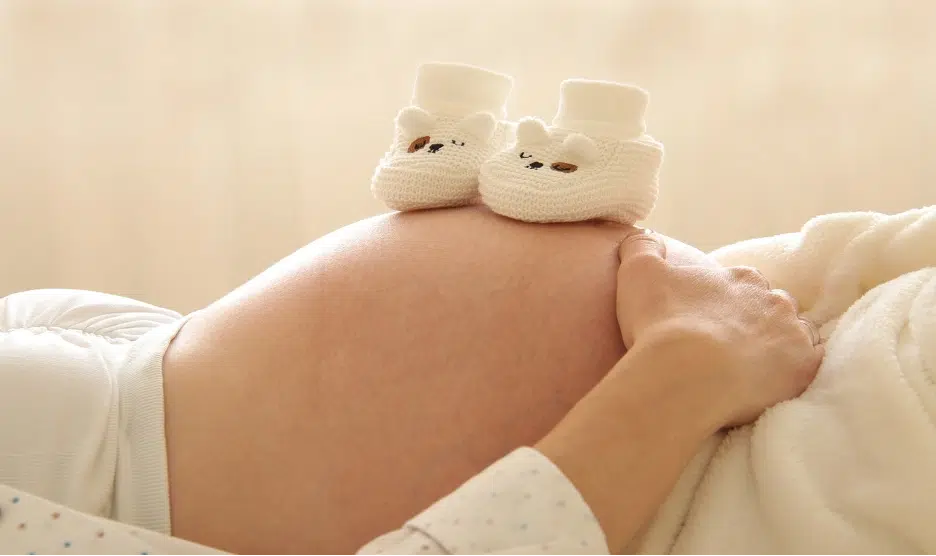
1. Wear Compression Socks
Compression socks, as their name implies, are stockings or socks that apply gentle pressure on the legs by compressing them. They help to improve the blood flow within the legs and improve venous return to the heart. Thus maintaining blood circulation in fine fettle.
One of the most essential benefits of compression socks is to prevent varicose veins. More than 75% of pregnant women are prone to developing varicose veins. The major cause lies behind the fact that there is an enlargement of the uterus due to fetal growth, which raises the pressure within the veins proceeding to the legs. This makes it difficult for the blood to go back to the heart from the feet, with an appearance of prominent dark blue to purple vessels and pedal swelling, causing venous obstruction and impaired circulation.

Credit @Mikhail Nilov | Pexels
For your ease of understanding, varicose veins are swollen or enlarged twisted veins, commonly seen in legs, because of impaired venous blood flow due to damaged valves. In short, it is the engorgement of veins, leading to an unusual circulation in the lower limbs back to the heart.
Though it improves after giving birth, it can also progress to a typical condition, known as superficial thrombophlebitis, characterized by the formation of blood clots within the varicose veins. Redness, pain, swelling, and warmth are the probable symptoms seen in the affected area.
However, wearing compression socks during pregnancy is a perfect remedy for this problem. As already stated earlier, these versatile stretchy compression socks are extremely efficacious in preventing the twisting of veins due to increased pressure during pregnancy. They, along with varicose veins and superficial thrombophlebitis, also help to cure deep vein thrombosis during pregnancy, proving their durability and reliability.
But, before anything, do not forget to consult your healthcare provider for a better prognosis.

Credit to MART PRODUCTION | Pexels
2. Keep Your Legs Elevated
Improving circulation by keeping your legs elevated while sitting is as simple as it seems. Keeping the legs above the level of the heart will cause the blood to flow properly back to the heart. It is possible due to the pull of the force of gravity, making it easier for the venous blood to reach the heart.
Besides, swelling and fluid retention (edema) is also frequent, particularly during the last trimester of pregnancy, which can also impair regular circulation.
Elevation of the legs can also improve lymphatic circulation, which in turn can improve blood circulation levels. It also helps to prevent blood clot formation, occurring because of blood pooling for too long as a consequence of long-standing or sitting.

Credit to Matilda Wormwood | Pexels
3. Avoid Prolonged Sitting Or Standing
Sitting or standing for too long periods can cause the blood to pool in the lower extremities, which again affects the venous return to the heart.
Therefore, we recommend you avoid prolonged sitting or standing and take breaks in between the two. Always keep on alternating between sitting and standing, if you have to do either of the two for too long.

4. Stay Active with Physical Exercises
Moderate-intensity exercises are always beneficial for a pregnant woman and her blood circulation. Activities such as walking, swimming, prenatal yoga, pilates, stretches, low-impact aerobics, and Kegels or pelvic floor strengthening exercises positively impact blood circulation in various ways:
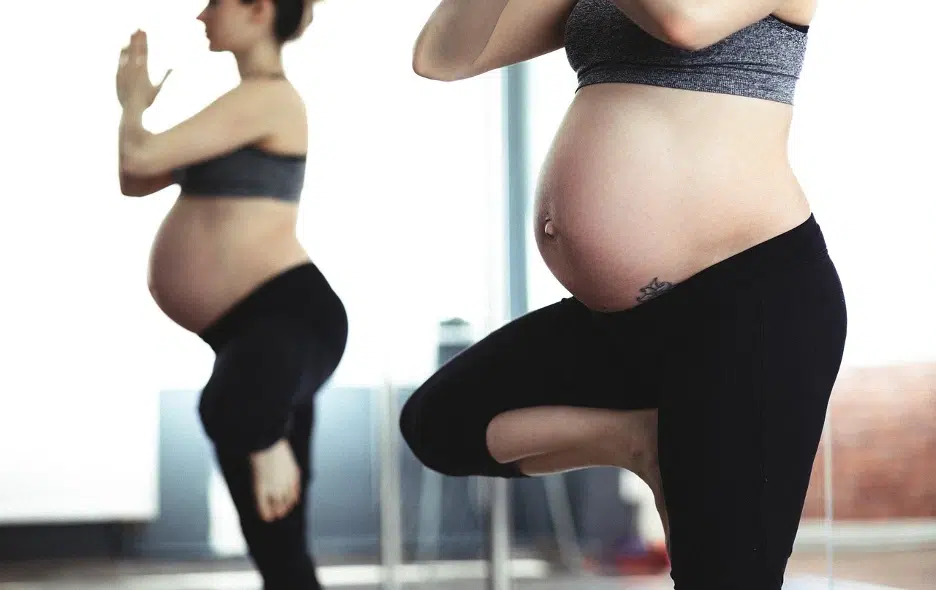
Credit @freestocks.org | Pexels
- Improving blood flow.
- Reducing blood pressure.
- Facilitating the circulation of oxygenated blood throughout the body.
- Enhancing endothelial function.
- Boosting cardiac output.
- Enhancing peripheral circulation.
- Preventing the formation of blood clots.
5. Eat a Healthy and Nutritious Diet
Diet plays a crucial role in maintaining good circulation throughout any phase of pregnancy. Different types of foods affect cardiovascular health in various ways. It is essential to take care of whatever you consume during your pregnancy as far as blood circulation and cardiovascular health is concerned.
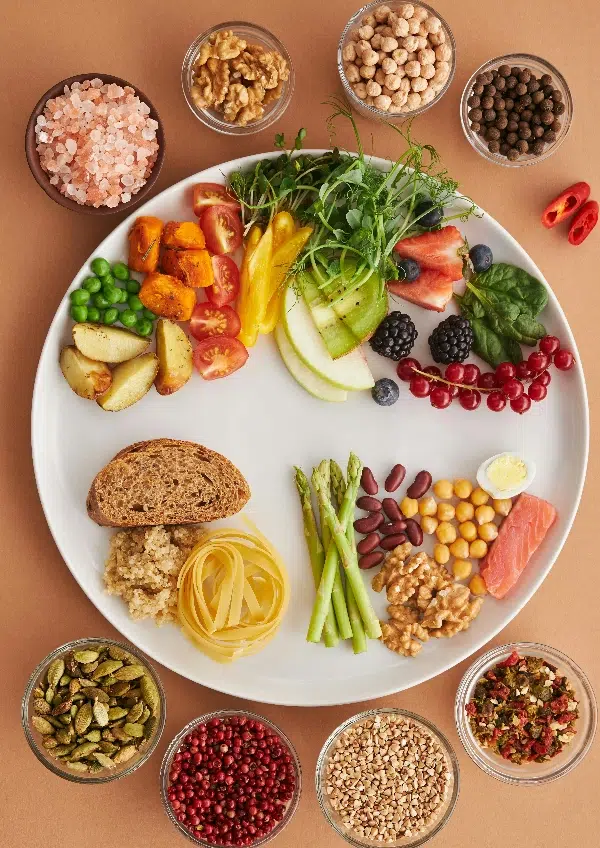
Credit @Vanessa Loring | Pexels
We have mentioned some essential nutrients down here for you to take during pregnancy, for better and healthier blood circulation for you and your fetus.
Healthy Fats
Incorporate foods rich in healthy unsaturated fats, such as avocados, nuts, seeds, and olive oil. These choices help reduce bad cholesterol levels and lower LDL, consequently preventing plaque formation in blood vessels and supporting healthier circulation.
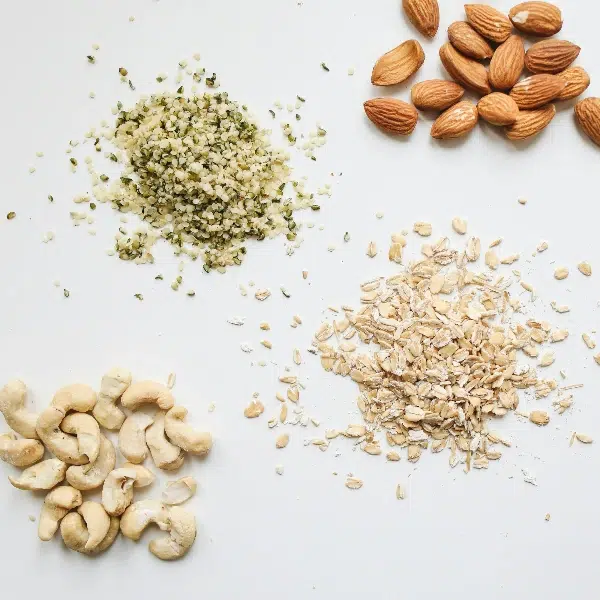
Credit @Polina Tankilevitch | Pexels
Omega-3 Fatty Acids
Fatty fish like salmon or mackerel contain omega-3 fatty acids, renowned for their anti-inflammatory properties. These fats aid in endothelial health by promoting nitric oxide production, reducing blood clot formation, and maintaining a favorable lipid profile.

Fruits And Vegetables
Vitamins and minerals are the key sources of maintaining a healthy heart and vascular system, chiefly found in fruits and vegetables. So make sure to enrich your diet with these assets as much as possible.

Credit to engin akyurt | Unsplash
Dark Chocolate
Doesn’t it sound weird to eat chocolate for healthier circulation? Surely, it does. But remember, dark chocolates are enriched with flavonoids. Flavonoids are potent antioxidants that play a crucial role in improving blood flow.
Craving for chocolates during pregnancy? Go get yourself a dark chocolate now, as it is healthy for your fetus’s blood circulation.

Credit to Tetiana Bykovets | Unsplash
Other Beneficial Foods
Other foods that can prove to provide healthier circulation for you and your fetus during pregnancy are:
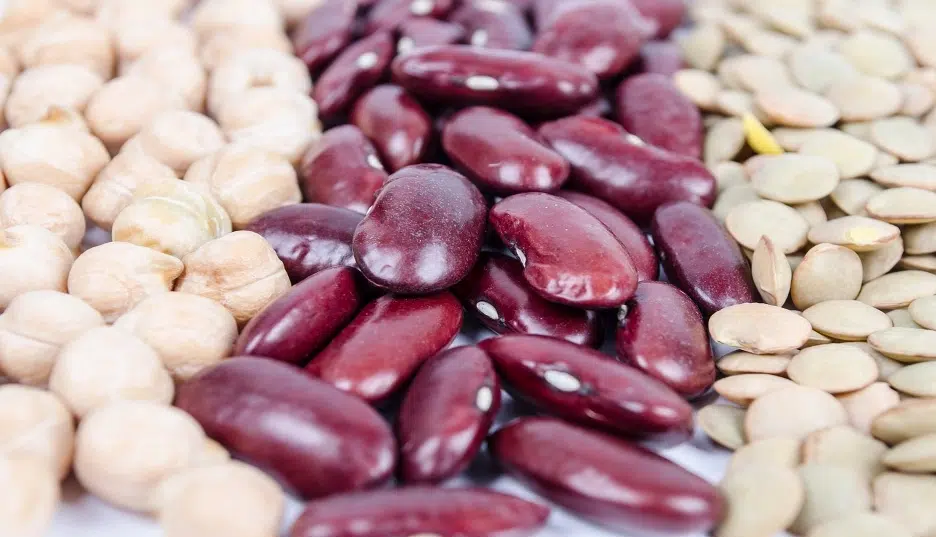
- Legumes like beans, lentils, and chickpeas.
- Whole grains like brown rice, barley, and oats.
- Leafy greens like spinach.
- Less spicy foods.
- Berries such as strawberries, raspberries, and others are rich in antioxidants.
6. Keep Yourself Hydrated
Hydration is another vital factor for a healthy vascular system. Drinking adequate amounts of water will help you to maintain proper blood volume and reduce swelling. This will help to maintain a balanced blood flow, pressure, cardiac output, and venous return.

Credit to Cats Coming | Pexels
Other Tips for Maintaining Healthy Blood Flow During Pregnancy
Besides the major ones, some other tips include:
- Avoid very tight clothing. Let your skin breathe by wearing breathable fabrics.
- Avoid crossing your legs for too long, as it can restrict or obstruct your blood flow.
- Get yourself enough and sufficient rest. Stay relaxed.
- Avoid stress.
- Practice leg exercises to reduce the risk of spider veins due to blood pooling.
- Perform regular gentle massage, particularly on your legs and feet.
- Avoid hot and sauna baths, and stay cool.
- Wear low and supportive shoes, as it is always better to avoid high heels during pregnancy.

Credit to freestocks | Unsplash
Final Thoughts
Maintaining healthy circulation is an integral part of your pregnancy. Sitting for too long, staying inactive, or having bed rest for too long can significantly lead to poor circulation, which is not safe for you or your baby.
However, wearing compression socks, going for a walk, staying hydrated, and eating nutritional diets can help blood flow and ease your worries. Remember to always consult your doctor before opting for anything.
Hope we have got you all covered. Stay happy and healthy!



